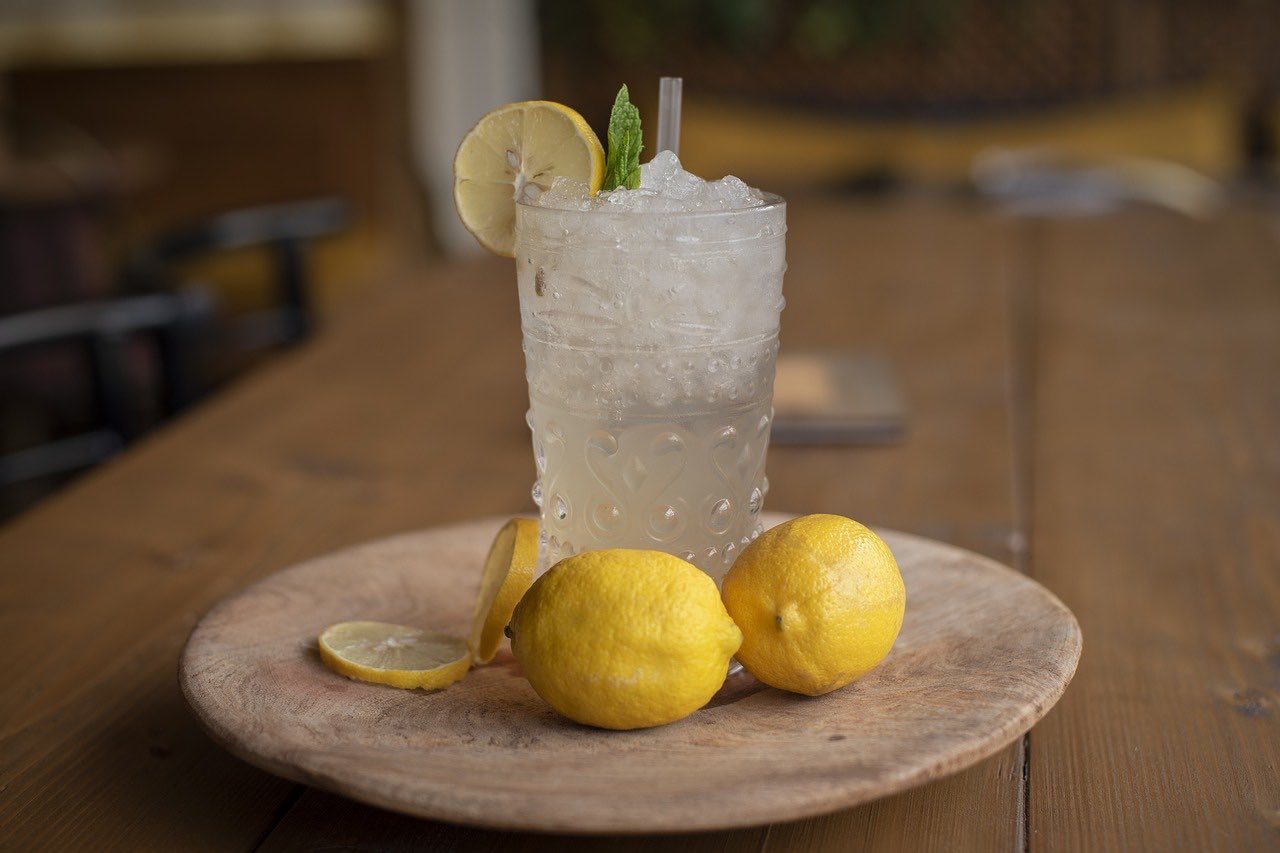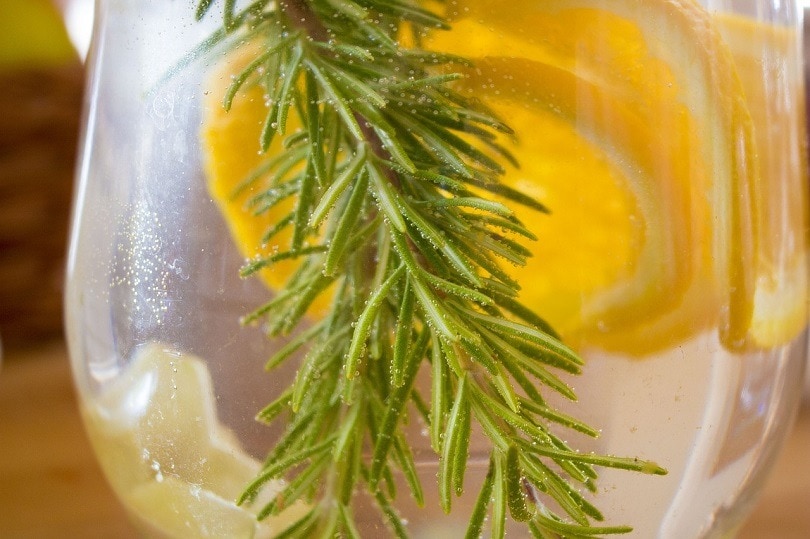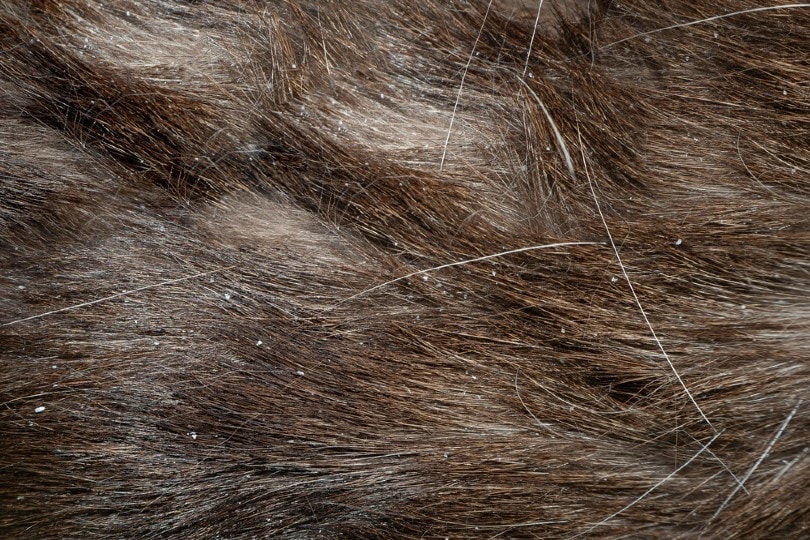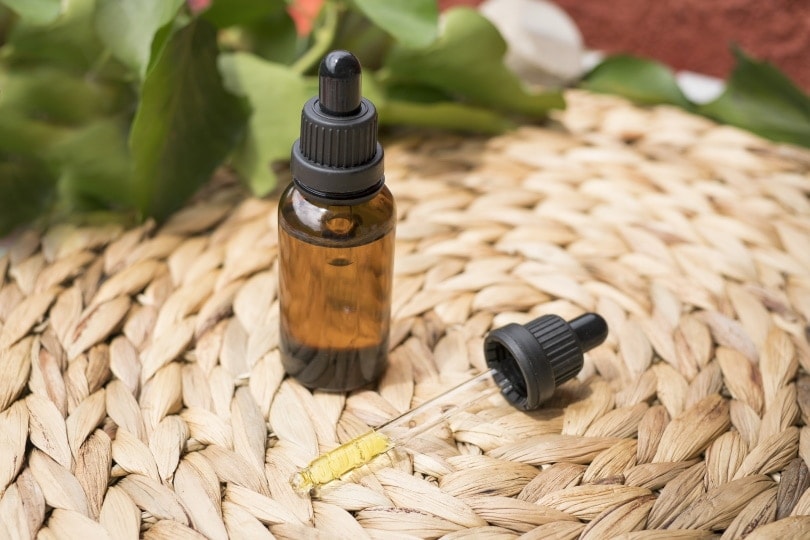Can Cats Drink Lemonade? What You Need to Know

Updated on

It is not recommended to let your cat drink lemonade for a variety of reasons. Lemons have certain toxic components that are not safe for cats, and lemonade is full of unhealthy sugars that do not belong in a healthy cat’s diet. Cats also do not enjoy the sour taste of lemons, so most cats will most likely refuse to drink lemonade.
If you are looking for answers as to why lemonade is harmful to cats and what you can give your cat to drink instead, then this article will tell you everything you need to know.
 Why Should Cats Not Drink Lemonade?
Why Should Cats Not Drink Lemonade?
Cats should not drink lemonade because it has a high acidic and sugar content and has no nutritional benefit for your cat. Furthermore, lemon is toxic to cats so you should avoid giving them any foods or drinks containing a high amount of lemon in it.
Not many cat owners know the dangers a seemingly innocent fruit can pose on their feline friend. Lemons are the primary ingredient in lemonade and are more prominent in homemade lemonade where freshly squeezed lemons have been used, in comparison to store-bought lemonade which is packed with other ingredients and lots of sugar. This makes homemade lemonade or organic store-bought lemonade more potent to your cat, so even if they have a few licks, it can become harmful for them.

Is Lemon Toxic to Cats?
According to the ASPCA, all citrus fruits are toxic to pets. Lemon in particular contains certain toxins that horses, cats, and dogs should not ingest. Psoralens and essential oils are the two main toxins found in lemons that make them harmful to cats.
The specific harmful essential oils in lemons are limonene and linalool, which are perfectly safe for humans, but not for your cat and other pets. If your cat sniffs lemonade that has a low amount of sugar and a strong lemon scent, you may notice that they show visible discomfort towards the smell.
- Lethargy
- Vomiting
- Tremors
- Diarrhea
- Situations, where your cat has ingested large quantities of lemonade, can lead to death
- Swelling of the mouth, gums, and tongue
- Choking or gagging gestures
- Refusal to eat or drink
- Seizures
If the lemon gets onto your cat’s skin, then they may experience signs of skin irritation in the form of itching, burning, and they will act abnormally because they cannot get the strong scent out of their fur. You will then need to bathe your cat immediately and apply a cat-safe shampoo directly to the area where the lemon has been spilled. If there are signs of rashes and skin irritation, then you should take your cat to a veterinarian so that they can give you a topical ointment to put on the affected area.
If you do suspect that your cat has been drinking lemonade, then it is best to take them to a veterinarian so that their health status can be monitored.
Do Cats Like Lemon?
Cats are curious creatures, which means that they are regularly tasting and sensing the environment around them. Most cats will avoid the smell or taste of lemon at all costs, but some cats write their own rules. If you leave lemonade unattended, your curious cat may decide to take a few licks.
The strong citrus lemon scent is enough to keep most cats away, which is why many household cats will avoid drinking or eating anything with a lemony taste or smell. Cats do not like lemon, which is also why some cat owners use a diluted mixture of lemon and water as a spray to keep their cats out of a certain area. However, it is not ideal to use this method because if the lemon mixture gets on your cat’s skin or in their mouth, they may have a reaction.

 Final Thoughts
Final Thoughts
If you do want to give your cat something else to drink other than freshwater (which they should have daily access to), then you can boil a chicken breast and once the water has cooled use this as a broth and you can provide them with a second water bowl of this broth alongside their main water bowl.
Always consult your cat’s veterinarian before introducing new food and substances into your cat’s diet to ensure that it is safe and will not harm them.
See Also:
- Can Cats Eat Vanilla Pudding? Vet-Reviewed Facts & Safety Guide
- Can Cats Drink Orange Juice? Vet-Approved Facts & Tips
Featured Image Credit to: lannisK, Pixabay

 Why Should Cats Not Drink Lemonade?
Why Should Cats Not Drink Lemonade?








